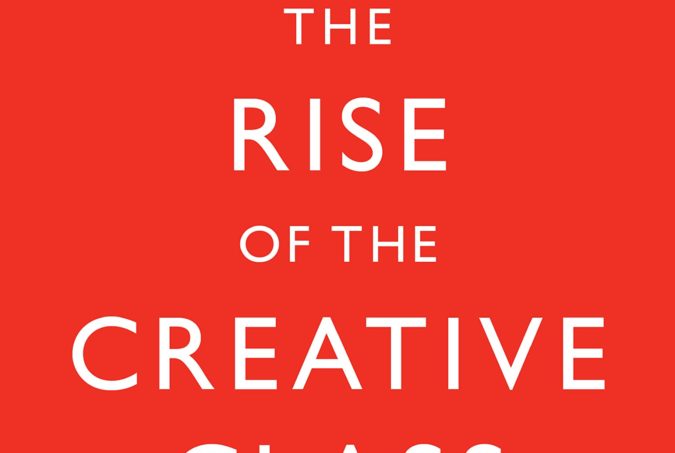Graduate school, as it happens, can get quite busy and not leave much time for analyzing the experience itself in a blog post. As I spend the summer catching up with the priorities I’ve let fall by the wayside while classes were on, I thought I’d offer proof of life by way of a reading list. Below are some of the most interesting books that have come to my attention during the course of my studies, but that I have not yet been able to engage with. They are presented below in alphabetical order, by author.
- Amerika, Mark. remixthebook, University of Minnesota Press, 2011.
- An exploration of remix culture that is itself a remixed artifact.
- Bhattacharyya, Gargi. We, the Heartbroken, Hajar Press, 2023.
- Essays on collective and personal grief in the context of racial capitalism and the pandemic.
- Borschke, Margie, This Is Not a Remix: Piracy, Authenticiy and Popular Music, Bloomsbury, 2017.
- Places digital music piracy and unauthorized remixing in historical context.
- Broussard, Meredith. More Than a Glitch: Confronting Race, Gender, and Ability Bias in Tech, MIT Press, 2023.
- On the myth of tech industry neutrality, and equitable solutions to algorithmic failures.
- Chen, Carolyn. Work Pray Code: When Work Becomes Religion in Silicon Valley, Princeton University Press, 2022.
- Examining the relationship between spirituality and neoliberal work culture in the tech industry.
- Cohen, Nicole, and de Peuter, Greig. New Media Unions: Organizing Digital Journalists, Routledge, 2020.
- A look at how unionizing digital-first journalists led to
